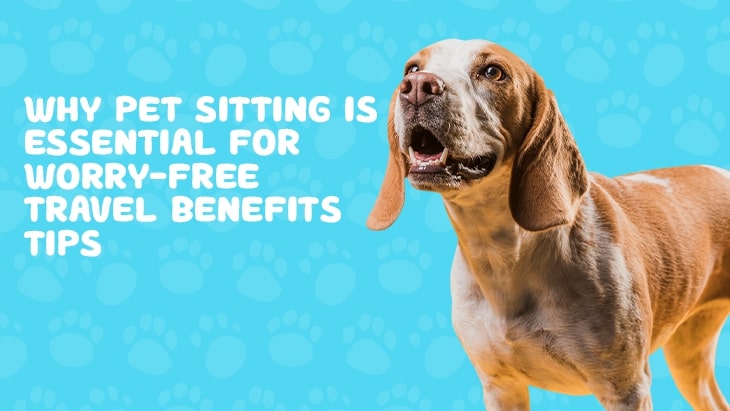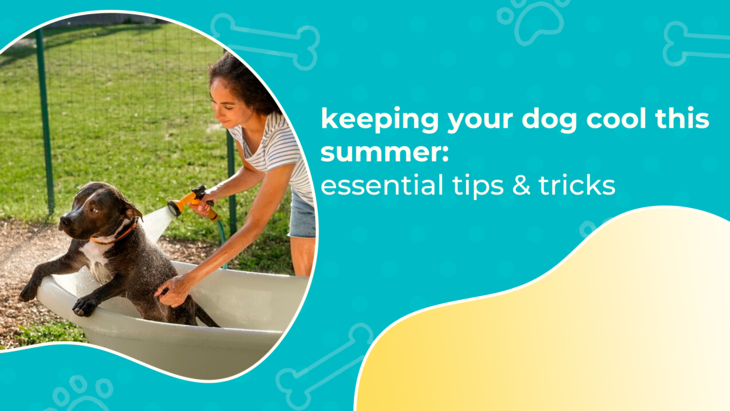Introduction
The monsoon season brings relief from the scorching heat, but it also brings its own set of challenges, especially for our beloved pets. The rainy season can expose our furry companions to various health risks, from fungal infections to vector-borne diseases. As responsible pet owners, it is essential to take extra care of our pets during this time to ensure their well-being. In this article, we will cover ten crucial tips to keep your pets safe, happy, and healthy during the monsoon.
1. Keep Them Dry
Just like humans, pets can catch a cold if they get wet in the rain. Ensure your pets have a dry and warm place to rest indoors. Avoid taking them out during heavy downpours, and if they do get wet, towel dry them gently to prevent moisture-related health issues.
2. Regular Grooming
Grooming becomes even more important during the monsoon season. Regularly brush your pets to remove any tangles or matting in their fur, which can trap moisture and lead to skin problems. Additionally, trim their nails to prevent slipping on wet surfaces.
3. Provide a Clean and Dry Shelter
If your pet spends time outdoors, make sure their shelter is elevated, water-resistant, and has proper ventilation. A dry shelter protects them from rain and prevents the growth of mold and mildew.
4. Avoid Stagnant Water
During the monsoon, stagnant water becomes a breeding ground for mosquitoes and other pests. These pests can transmit dangerous diseases to your pets. Ensure that there is no stagnant water around your home, and always keep their water bowls fresh and clean.
5. Monitor for Skin Infections
Humidity during the rainy season can lead to skin infections in pets. Keep an eye out for any signs of redness, rashes, or excessive itching. If you notice any issues, consult your veterinarian promptly.
6. Tick and Flea Prevention
Ticks and fleas are more prevalent during the monsoon, so it is crucial to use preventive measures. Regularly check your pets for these parasites and use appropriate treatments as recommended by your vet.
7. Nutritious Diet
Maintaining a balanced and nutritious diet is essential for your pet's well-being. Ensure they are getting all the necessary nutrients to boost their immune system and keep them healthy during the rainy season.
8. Exercise Indoors
Rainy days may limit outdoor activities, but it's essential to engage your pets in indoor exercises to keep them physically active and mentally stimulated.
9. Avoid Toxic Plants
Certain plants that thrive in the monsoon season can be toxic to pets if ingested. Identify such plants in your surroundings and ensure your pets do not have access to them.
10. Maintain Vaccinations
Regular vaccinations are crucial for your pet's protection against various diseases, especially during the monsoon when the risk of infections is higher. Keep track of their vaccination schedule and visit your vet for timely updates.
Conclusion
Taking care of our pets during the monsoon season requires attention, love, and a few precautionary measures. By following the tips mentioned in this article, you can ensure that your furry companions stay healthy, happy, and safe throughout the rainy season.
FAQs
Q1. Can I take my pet for a walk during the monsoon?
A. It's best to avoid taking your pet out during heavy downpours. Opt for short walks when the rain subsides and always dry them thoroughly afterward.
Q2. How often should I groom my pet in the rainy season?
A. Regular grooming is essential during the monsoon. Depending on your pet's coat type, aim for grooming sessions at least once a week.
Q3. Can my pet catch diseases from mosquitoes during the monsoon?
A. Yes, mosquitoes can transmit diseases to pets. Make sure to use mosquito repellents or ask your vet about suitable preventive measures.
Q4. Should I change my pet's diet in the monsoon season?
A. While you may not need to change their diet drastically, consider incorporating more immune-boosting foods and consult your vet for specific recommendations.
Q5. What should I do if my pet gets a skin infection?
If you notice any skin issues, seek veterinary help immediately. Delaying treatment may worsen the condition and discomfort for your pet.







Post Comments